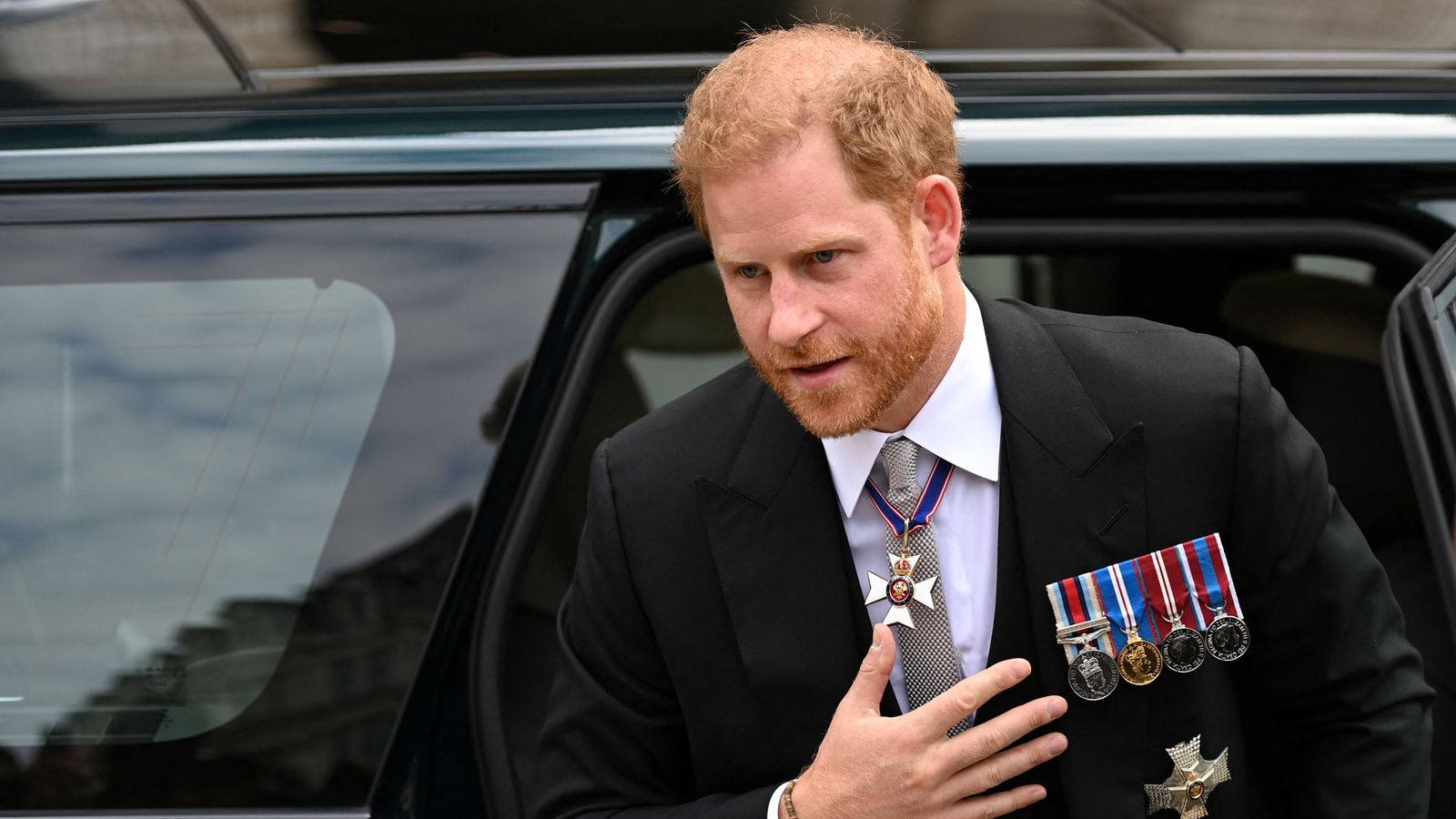Parts of an article in The Mail on Sunday about the Duke of Sussex’s legal claim against the Home Office were defamatory, a High Court judge has ruled.
Prince Harry made a legal claim against Associated Newspapers Limited (ANL) after the paper ran a story following a hearing in the duke’s separate High Court claim over his security arrangements when he is in the UK.
The piece was published in February under the headline: “Exclusive: How Prince Harry tried to keep his legal fight with the government over police bodyguards a secret… then – just minutes after the story broke – his PR machine tried to put a positive spin on the dispute.”
At a hearing in June, Mr Justice Nicklin was asked to determine the “natural and ordinary” meaning of the parts of the article in the claim, and whether they were defamatory.
He has now found that parts of the article were indeed defamatory, finding that they gave the reader the impression Prince Harry was intentionally attempting to mislead the public.
Discussing one of the meanings of the article, Mr Justice Nicklin said a reader would think Harry “was responsible for public statements, issued on his behalf, which claimed that he was willing to pay for police protection in the UK, and that his legal challenge was to the Government’s refusal to permit him to do so, whereas the true position, as revealed in documents filed in the legal proceedings, was that he had only made the offer to pay after the proceedings had commenced”.
He also said the article would have been read as alleging Harry “was responsible for trying to mislead and confuse the public as to the true position, which was ironic given that he now held a public role in tackling ‘misinformation'”.
Will the Queen retire? Are tensions healing between Harry and Charles? Could William become the next king? Your questions answered
William and Kate’s Caribbean tour flights cost taxpayer over £226,000, accounts show
New pictures of Harry and Meghan’s daughter Lilibet released
Mr Justice Nicklin added: “It may be possible to ‘spin’ facts in a way that does not mislead, but the allegation being made in the article was very much that the object was to mislead the public.”
He concluded: “That supplies the necessary element to make the meanings defamatory at common law.”
Ahead of the ruling, lawyers for Harry had argued the article was defamatory and meant that Harry had “lied”, had “improperly and cynically” tried to manipulate public opinion and had “tried to keep his legal fight with the Government secret from the public”.
Justin Rushbrooke QC, for Harry, had said: “Allegations that a person has lied to the public, manipulated the public and attempted to keep secret which ought properly to be public are serious ones which tend to lower him in the eyes of right-thinking people.”
ANL’s lawyers had argued that the article hadn’t alleged Prince Harry’s PR team had “added a gloss unduly favourable to the claimant” or “allege dishonesty against them”.
This judgment is just the first stage in the Duke of Sussex’s libel claim against ANL, and the publisher is now due to file their defence to the case.
Mr Justice Nicklin said in his ruling: “The decision made in this judgment is solely concerned with the objective meaning of the article published by the defendant for the purposes of the claimant’s defamation claim.
“This is very much the first phase in a libel claim.
“The next step will be for the defendant to file a defence to the claim.
“It will be a matter for determination later in the proceedings whether the claim succeeds or fails, and if so on what basis.”
Prince Harry, who lives in Montecito, California, with Meghan Markle and their children Archie and Lilibet, was back in the UK last month to celebrate the Queen’s Platinum Jubilee.
The family celebrated Lilibet’s first birthday with a party in their former Windsor home, Frogmore Cottage.






